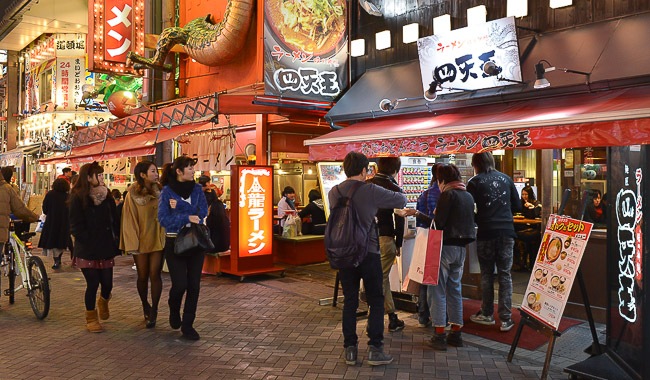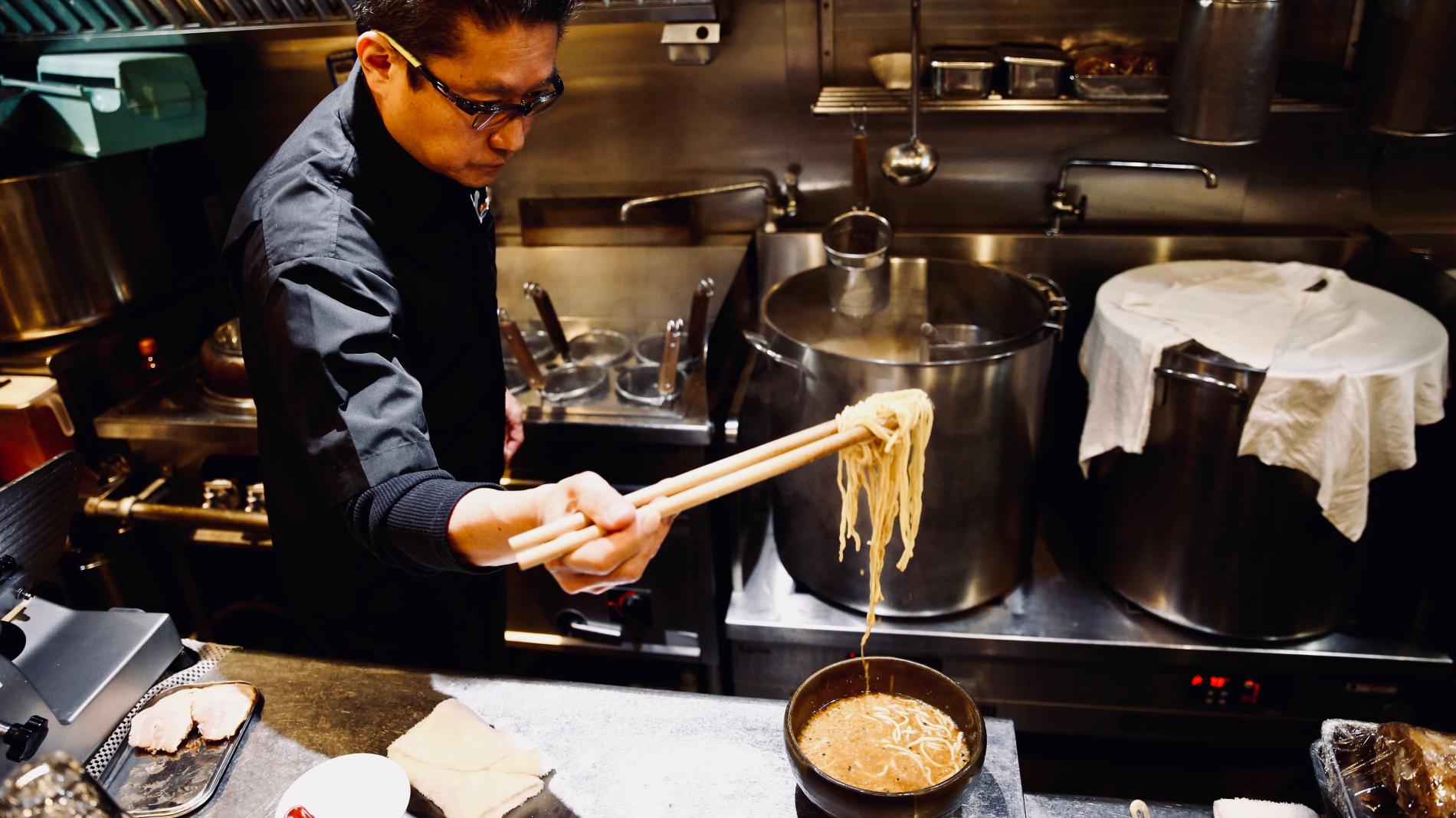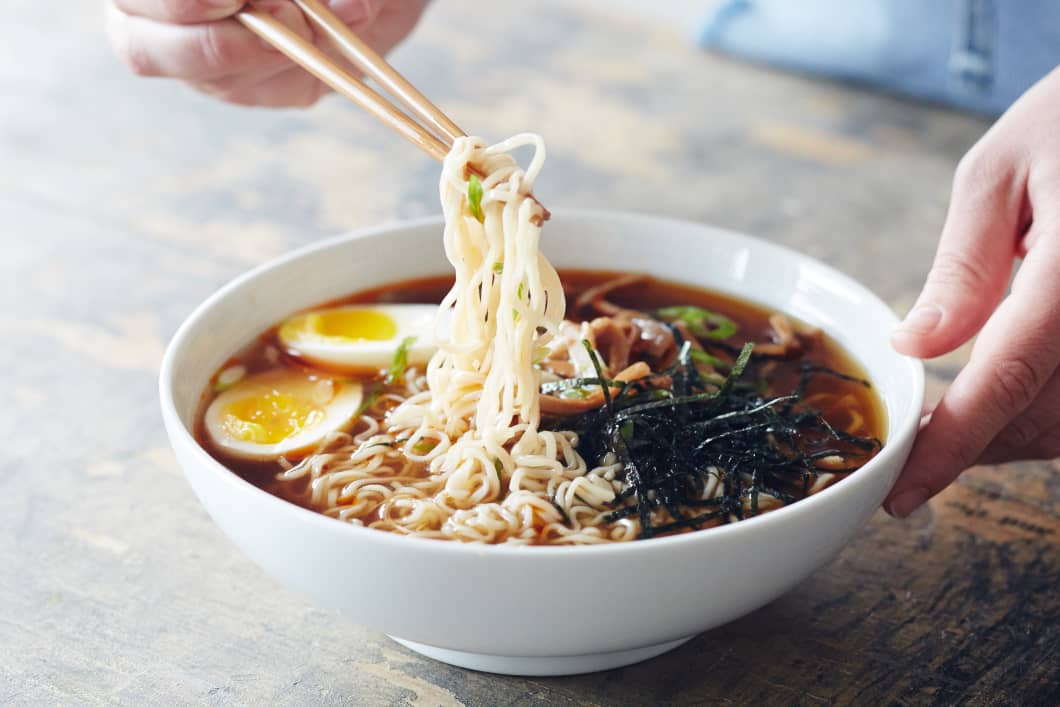Ramen Reportedly Increases Your Risk Of Dying From Stroke, Says New Study
"Ramen, a popular food in Japan, is high in carbohydrates and salt and thus may increase the risk of stroke mortality."
A recent study in Japan has reportedly found a link between eating ramen and dying from stroke
According to Quartz, researchers from Jichi Medical University speculated that ramen, which is high in carbohydrates and sodium, might be linked to a higher risk of stroke and heart attack.
"However, associations between type of diet and stroke have not been examined in Japan," they wrote in their paper published in Britain's Nutrition Journal.
So they decided to compare the various cuisines in different regions of the country, investigating restaurant prevalence and health data.
The scientists created four categories of restaurants - ramen, fast food, French or Italian, and udon or soba
They then compared these types of cuisines with mortality rates from stroke and heart attacks in each Japanese region from a 2017 national study, reported The Straits Times.
The team discovered that ramen-loving regions where the noodle shops are especially prevalent such as north-east Tohoku, northern Kanto, and southern Kyushu regions, experienced more stroke deaths than other Japanese localities.
No strong link was found between the other types of restaurants with stroke deaths, not even fast food joints.
This led the researchers to suspect that fast food, which is "high in unhealthy fats, salt and sugar, and contributes to obesity", might only be consumed by a limited group in the country.
"Ramen, a popular food in Japan, is high in carbohydrates and salt and thus may increase the risk of stroke mortality," the study concludes
"Our findings indicate a correlation between the regional prevalence of ramen restaurants and stroke mortality."
The Jichi Medical University researchers did make clear in their paper, however, that their study had several limitations and confounding factors.
For one, they were unable to obtain precise data on stroke victims' diets, thus not being able to quantify how often they ate ramen, nor consider different types of ramen.They also pointed out that ramen consumption is not restricted to restaurants and they did not consider instant or homemade ramen.
So, although they have found the correlation, more research needs to be done to establish the link between the savoury dish and increased risk of death.


